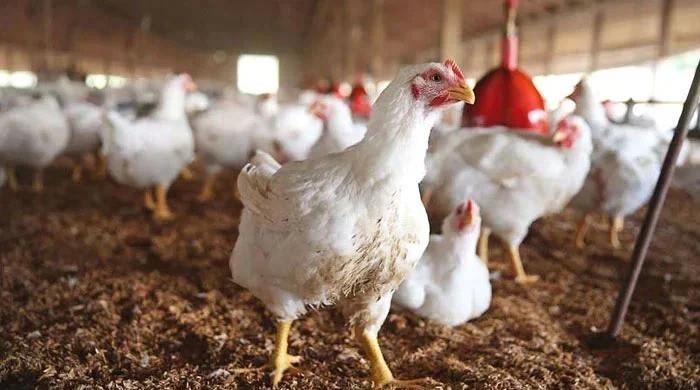Faisalabad: In a major breakthrough for the country’s poultry sector, scientists at the University of Agriculture Faisalabad (UAF) have developed a new breed of chicken capable of laying more than 200 eggs per year, almost three times the yield of conventional native hens.
Innovation, funded by the Punjab Agriculture Research Board (PARB), marks an important step towards the reduction of dependence on imported poultry races and the promotion of sustainable rural livelihoods.
According to the Institute of Animal Sciences of the UAF, UNIGOLD is adapted to the production of backyard poultry and works well under systems with a common intrigue in central and southern punjab. It has a low power load and therefore tolerates thermal stress.
Two separate strains – the complete neck and the naked neck – were created to adapt to rural conditions, both with high adaptability to local climates and food conditions.
The Unigold breed exceeds traditional indigenous chickens in productivity. While native hens generally lay only 70 to 80 eggs per year, UNIGOLD chickens can produce between 179 and 212 eggs per year, with an average egg weight of around 52 grams, an increase of 25% compared to native counterparts.
The data from the poultry research institute show that UNIGOLD chickens are reaching an installation maturity at 25 to 26 weeks, with production rates of the thumbs up to 83.2% at 32 weeks. In addition, the robust resistance of the breed to thermal stress and the lower food needs make it particularly precious for regions vulnerable to climate change.
The development of UNIGOLD also fills a long -standing gap in the Pakistani poultry sector.
Despite the scale of the sector, just behind the textiles, it remains strongly dependent on the parental stock imported for layers and chickens of flesh. The introduction of UNIGOLD offers a local alternative that preserves genetic resources while improving rural income and food security.
Rural poultry, which contributes 36% of the total production of eggs from Pakistan, plays an essential role in the empowerment of women and nutrition insurance in the household.
The success of UNIGOLD should benefit land without land and rural families, helping to reduce poverty and reduce dependence on imported races such as Fayoumi and Rhode Island Red.
The UAF plans to expand production thanks to the planned establishment of a research center and development of indigenous chickens, which will facilitate the distribution of the UNIGOLD breed to farmers in Pakistan.




